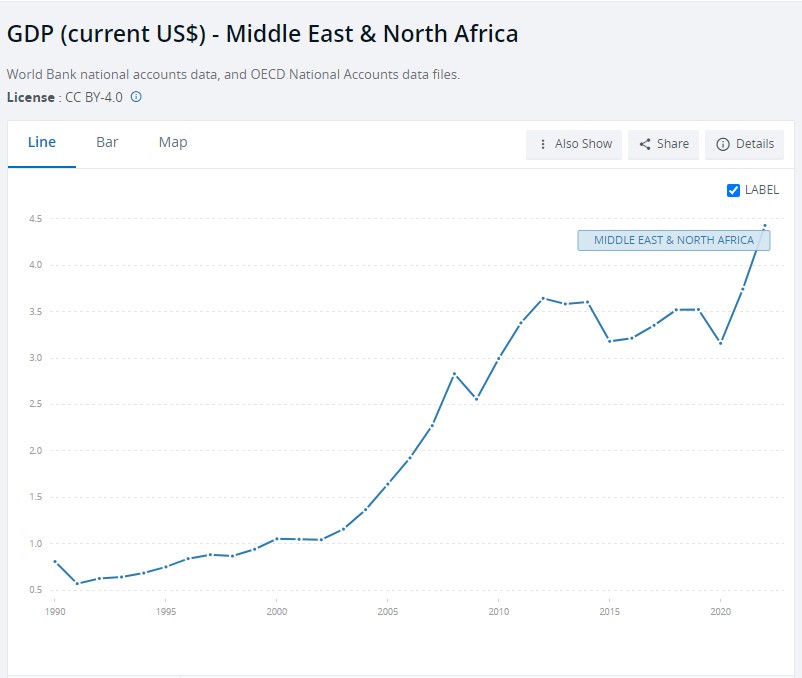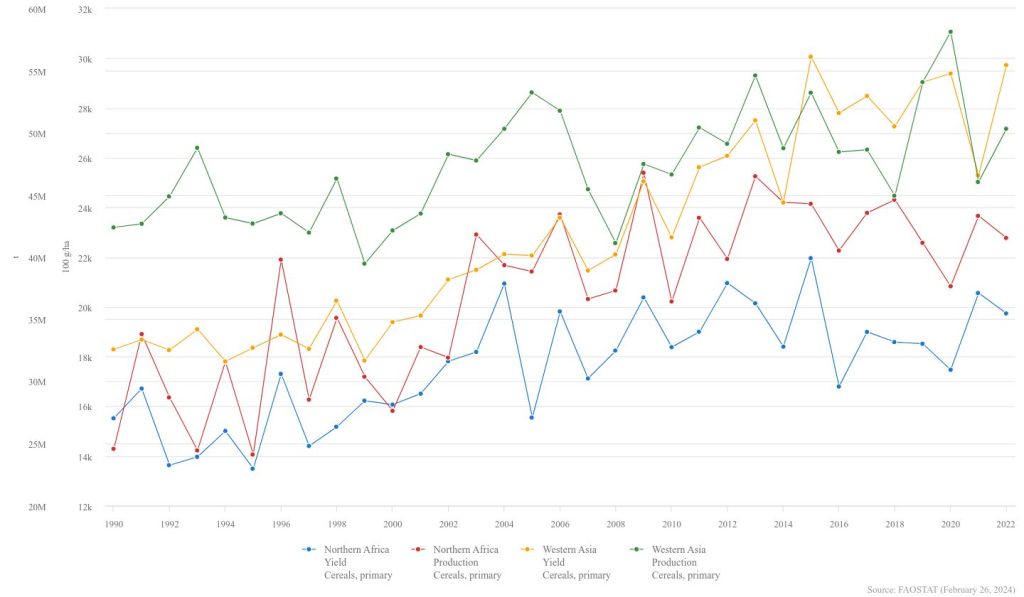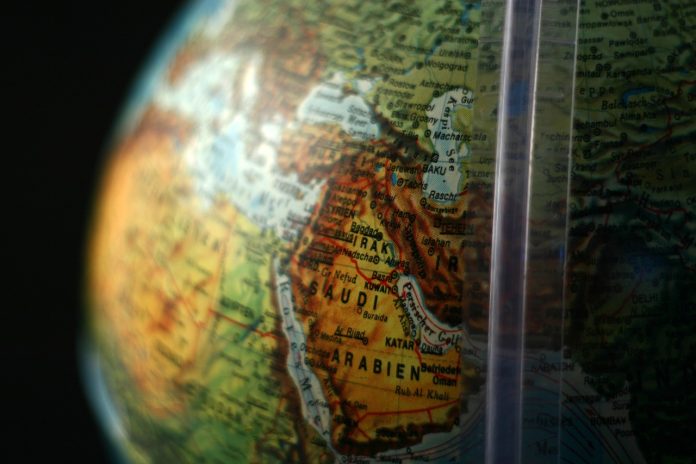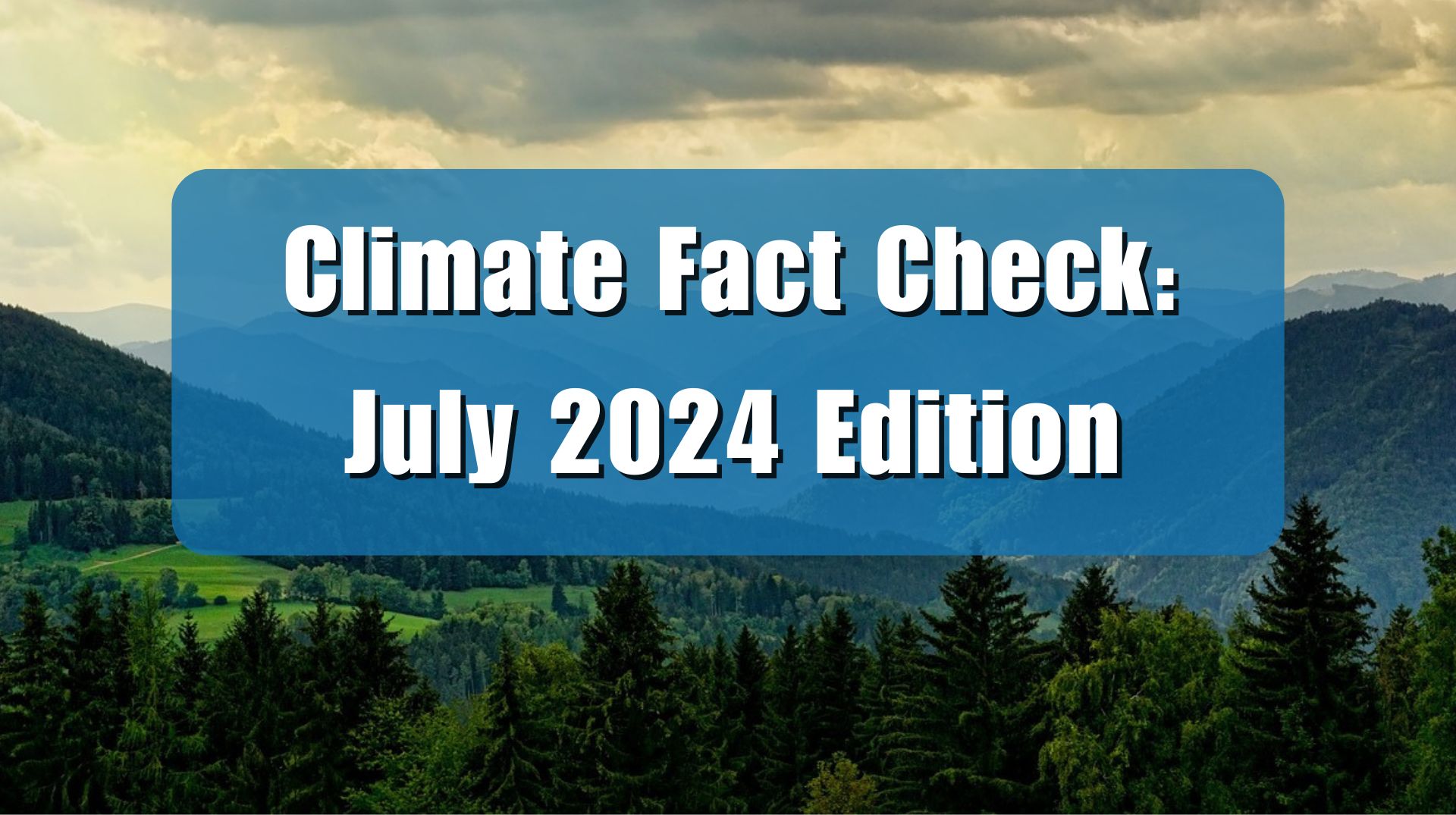A recent essay from The Atlantic Council, a “nonpartisan organization that galvanizes U.S. leadership and engagement in the world,” claims that the countries of the Middle East and North Africa (MENA) are facing an “existential threat” due to climate change. This is false. The countries in the region are mostly hot and arid climates, but there is no data showing that climate change is making things worse for them. In fact, by almost every measure imaginable, life is improving across MENA as the planet modestly warms.
The essay, titled “Climate crisis fuels change in MENA region,” actually does not discuss climate change very much at all in the body text. The vast majority of the report focuses on economic, political, and legal freedom, inequality, and prosperity in the region. The phrase “climate change” only appears four times in the entire piece, all thrown into the concluding section, and what mention is made about it is entirely unsubstantiated.
Author Rabah Arezki claims that MENA is “extremely exposed to the existential threat posed by climate change,” and that it is “simply making the Middle East and North Africa unlivable at a faster rate than any other region.”
Arezki goes on:
“Specifically, temperatures have reached record highs and a water crisis is looming in the region, which could lead to heightened domestic tensions and interstate conflicts. The crisis is made worse by the inadequate governance of the water sector and other utilities, which has exacerbated the frustration of the citizenry over poor public services.
The region also needs to transition away from fossil fuels. Oil prices have been persistently high and this has provided some respite to the many oil-exporting countries in the region. Yet, as the world moves away from fossil fuels, the vast reserves of oil and natural gas with which MENA is endowed will eventually become stranded—and so will the capital investment in the sector.”
These claims are factually incorrect. Almost all metrics that show how “livable” a country is have been getting better over time, not worse, amid recent warming.
GDP has skyrocketed in the MENA region since even just the 1990s, increasing by about 447 percent according to data from the World Bank. (See figure below)

Arezki claims that the region needs to transition away from fossil fuels, even as he admits that most of the gain in GDP for the region is due to the development, use, and international sale of fossil fuel’s found there.
Even if countries in Europe and North America “moved away” from fossil fuels for transportation and electricity generation, the vast majority of products in the world, including renewable energy products like wind turbines and solar panels, are manufactured with plastics and other materials that come from hydrocarbons. These products are not so easily abandoned. Other countries, like China, have shown no interest at all in actually decreasing their fuel consumption, and so to claim that the reserves of oil and gas in MENA will become “stranded” is foolish on two fronts.
Crop yields are not being negatively impacted by any water crisis or heat, supposedly driven by climate change, rather yields are improving.
According to data from the United Nations Food and Agriculture Organization, cereal crop production and yields have improved substantially across Northern Africa and the Middle East over the last few decades. (See figure below)

Since 1990:
- North African cereal yield has increased 27 percent;
- North African production has increased 69 percent;
- West Asian cereal yield increased 62 percent;
- West Asian cereal production increased 18 percent.
Climate Realism has previously covered the success stories of various nations in the Middle East in the post “Sorry, Google, Middle East Crops Are a Success Story, Not a Climate Crisis,” which came to the same conclusion, that crop production is improving, not suffering.
Life expectancy has also improved dramatically over time, with a dip around 2020 due to the COVID-19 pandemic, but has otherwise improved from an average of 65 years, to 74, before the pandemic.
Far from becoming more “unlivable,” from a strictly economic standpoint without touching on social and political issues, people in the Middle East and Northern Africa have seen their living standards, economies, and crop production, improve amid modest warming, even as many countries in both regions have suffered from nearly continuous political turmoil and war over recent decades. The Atlantic Council should acknowledge the fact that no climate change signal is obvious in the available data for MENA, and quit hyping unwarranted fears of catastrophic climate change that is nowhere in evidence there.

















The Atlantic Council has to justify their existence by making unsubstantiated allegations against the climate! To say they should move away from fossil fuels is hilarious! Sandstorms and desert scirocco winds would severely compromise solar and wind turbines! Plus the battery farms don’t do well in hot arid environments! The Atlantic Council is another propaganda organization that uses its authority to push the climate crisis agenda and nothing more!